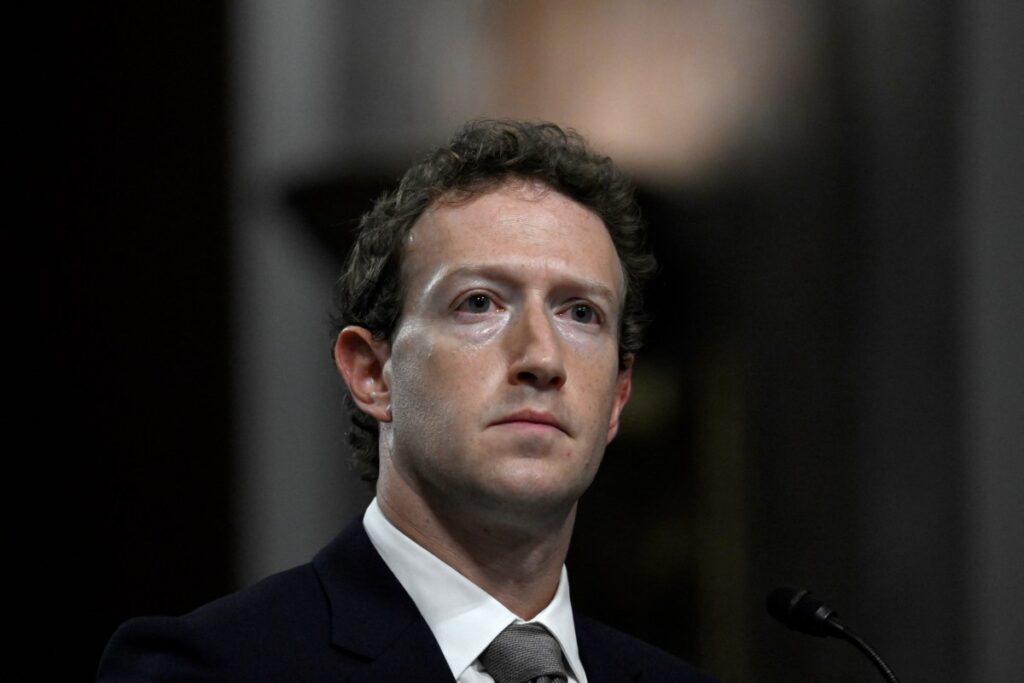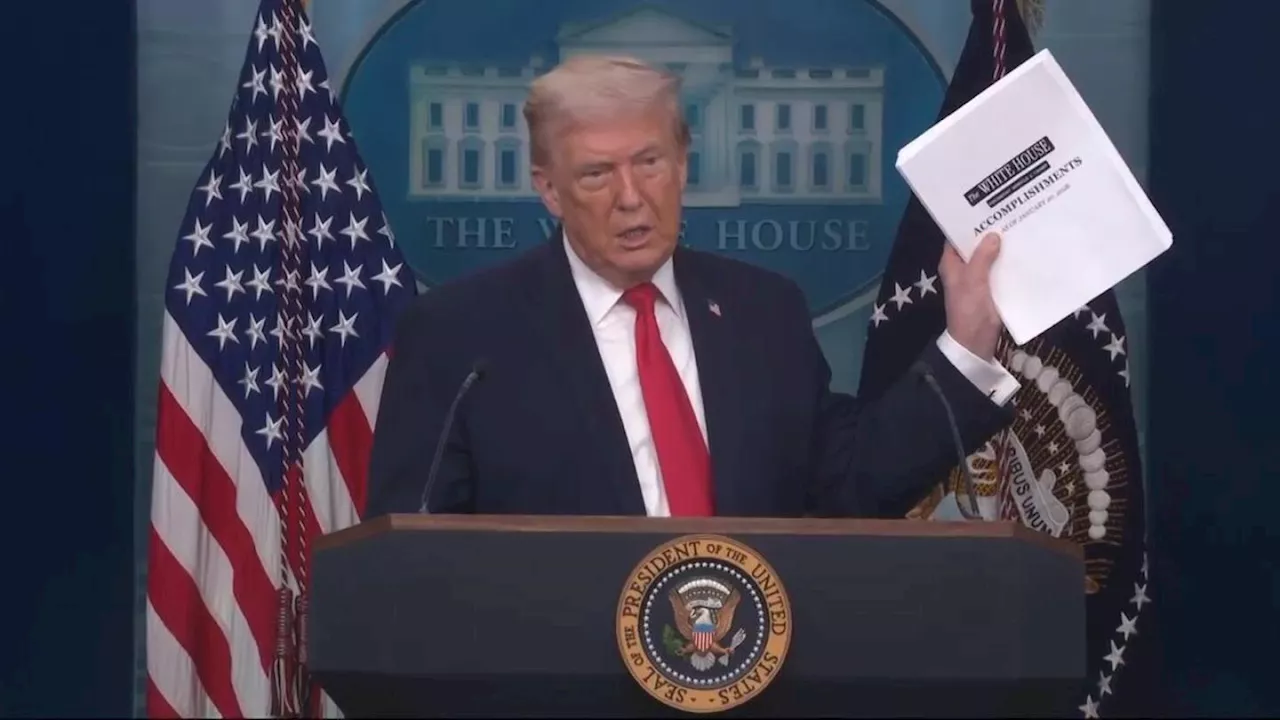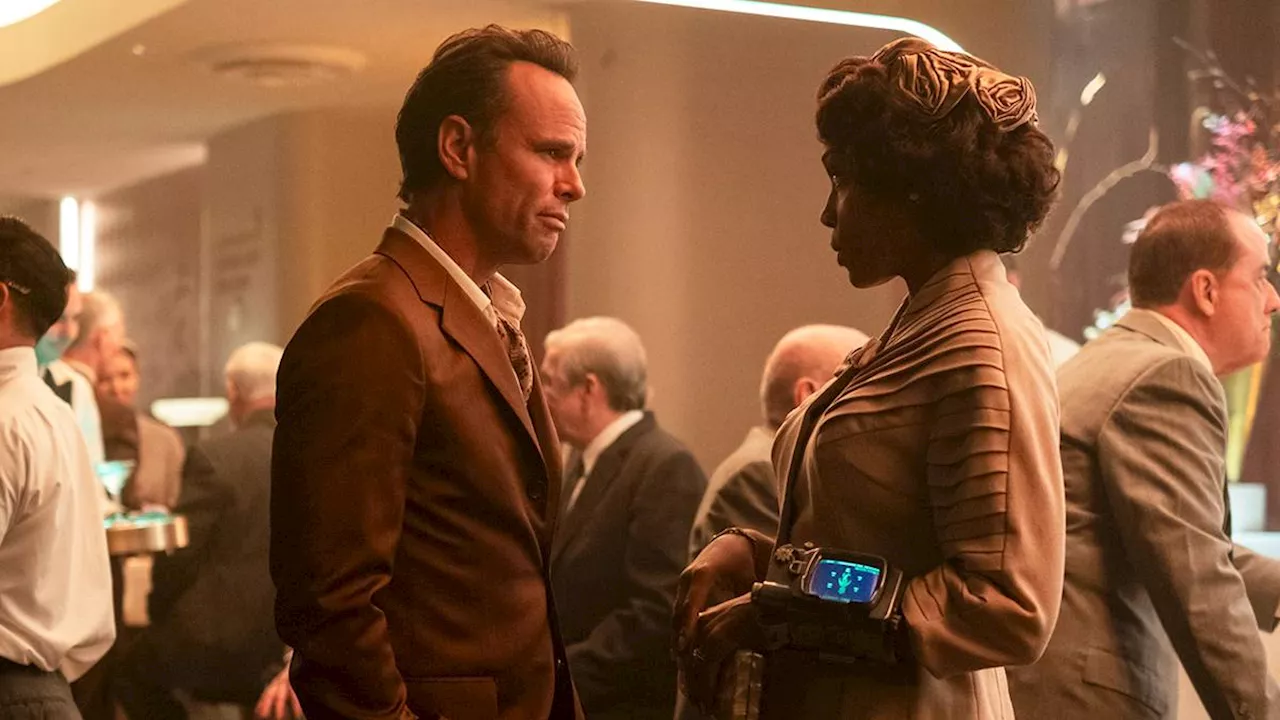
SAN FRANCISCO – A federal judge has sided with Meta in a lawsuit filed by 13 authors, including Sarah Silverman, alleging unlawful AI training on copyrighted books.
Immediate Impact
On Wednesday, Federal Judge Vince Chhabria delivered a summary judgment in favor of Meta, determining that the company’s use of copyrighted books to train its AI models falls under the “fair use” doctrine of copyright law. This decision allows Meta to avoid a jury trial, marking a significant development in the ongoing legal debates surrounding AI and copyright.
Key Details Emerge
The ruling comes shortly after a similar decision favored Anthropic, another tech company embroiled in legal battles over AI model training. These cases collectively signal a potential win for the tech industry, which has long argued that using copyrighted works for AI training qualifies as fair use.
“This ruling does not stand for the proposition that Meta’s use of copyrighted materials to train its language models is lawful,” Judge Chhabria stated, underscoring the narrow scope of the decision.
Judge Chhabria emphasized that the plaintiffs failed to present sufficient evidence, particularly regarding market harm, which is crucial in copyright infringement cases. He noted that the decision does not universally legalize AI training on copyrighted works but highlights the inadequacies in the plaintiffs’ arguments.
Industry Response
The tech industry has cautiously welcomed the ruling, viewing it as a step forward in clarifying the legal landscape for AI technologies. However, experts warn that the decision’s limited scope means that future cases may yield different outcomes.
Judge Chhabria remarked, “In cases involving uses like Meta’s, it seems like the plaintiffs will often win, at least where those cases have better-developed records on the market effects of the defendant’s use.”
This development builds on the ongoing discourse about the intersection of AI advancements and intellectual property rights, with tech companies advocating for broader fair use interpretations.
By the Numbers
- 13 authors involved in the lawsuit against Meta
- 2 significant rulings in favor of tech companies this week
- Multiple ongoing lawsuits against tech firms for AI training on copyrighted content
What Comes Next
Despite the favorable ruling for Meta, the broader legal battle over AI and copyright is far from over. Other high-profile cases are still pending, including lawsuits from The New York Times against OpenAI and Microsoft, and from Disney and Universal against Midjourney.
Judge Chhabria noted that fair use defenses are highly case-specific and that industries like news media might present stronger arguments against AI model training due to potential market vulnerabilities.
“It seems that markets for certain types of works (like news articles) might be even more vulnerable to indirect competition from AI outputs,” he added.
Background Context
The legal challenges surrounding AI training on copyrighted materials have intensified as AI technologies become more sophisticated and widespread. Companies have argued that such training is transformative, a key factor in fair use determinations, as it does not simply replicate the original works.
Meanwhile, industry experts warn that the evolving legal interpretations could significantly impact how AI technologies are developed and utilized, with potential implications for innovation and intellectual property rights.
Expert Analysis
Legal analysts suggest that the ruling may encourage tech companies to continue developing AI models with an eye toward fair use defenses, although they caution that each case will depend on its specific facts and evidence.
The timing is particularly significant as AI continues to play an increasingly prominent role in various industries, from technology to media and beyond. The outcomes of these legal battles will likely shape the future of AI development and its interaction with copyright law.
As the legal landscape evolves, stakeholders from both the tech and creative sectors will be closely monitoring subsequent rulings and their implications for the balance between innovation and intellectual property protection.







